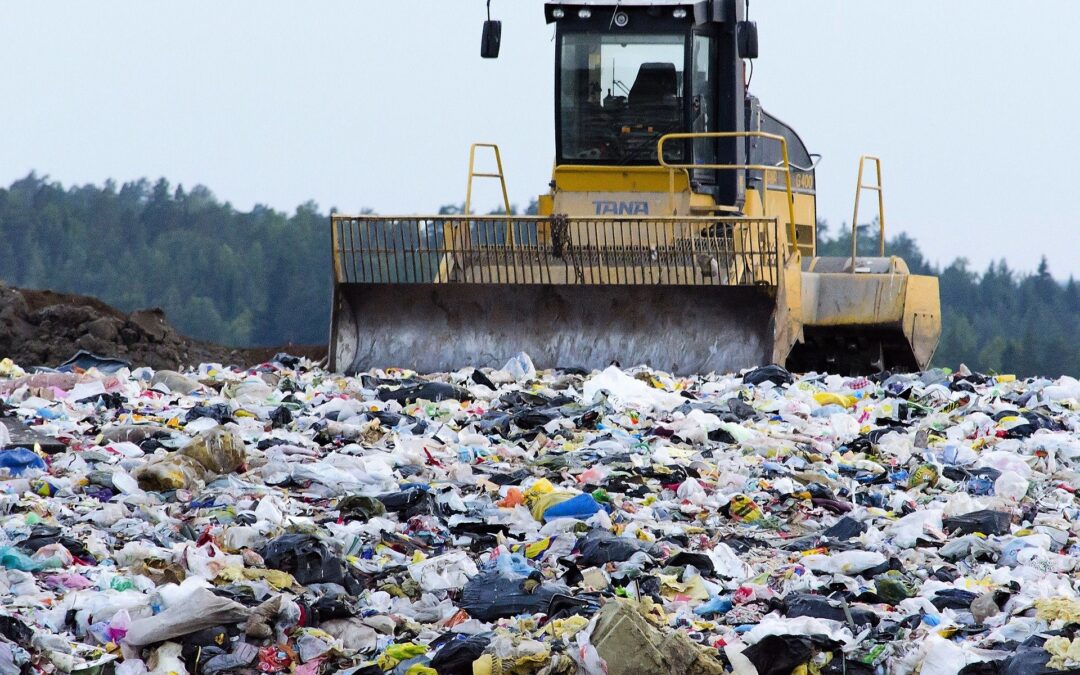Waste disposal fees charged by local councils have more than doubled in Poland over the past two years, growing at the fastest rate in the European Union.
The prices charged in Poland rose 31.3% in 2019, then a further 53.6% in 2020 up to the end of November, according to Eurostat.
That was the highest rise of any EU member state in each of the two years, and represents a total increase in prices of over 100% since the beginning of 2019. By contrast, across the EU as a whole, waste disposal prices rose only 10.6%.
The wider trend of rising prices has been driven largely by a change in EU regulations which came into effect in July 2020. Countries are required to recycle at least 55% of municipal waste by 2025, 60% by 2030, and 65% by 2035.
The directive also capped landfill disposal and pushed for an extension of producer responsibility schemes. In response, Poland expedited reforms in 2020 to catch up with segregation standards, which it has since sought to simplify but with higher fees for breaches.
One reason for Poland’s dramatic rise in costs has been poor implementation of EU regulations by local councils, according to Business Insider Polska. They often misestimate the amount of waste for disposal, resulting in inefficient collection.
Data: Eurostat via Business Insider Polska
Several local councils in Poland have again increased waste disposal prices at the start of this year, including those in Poznań, Kielce, Opole, Rybnik, Częstochowa, Szczecin, Mysłowice, Nowa Sola, Zielona Góra and Słupsk. Further hikes are also planned for February in Łódź and April in Warsaw.
Business Insider notes that a number of companies have benefited from the price rises, including FBSerwis, which belongs to Poland’s biggest construction firm, Budimex. Its annual revenue has increased by 35% since 2018.
Like several other firms, the company has increased wages, by an average of 5% across the board.
As part of efforts to reduce fees, the climate ministry last week proposed changes that would make it easier to set up waste management businesses. It is hoped this will spark competition in the “monopolised” market, reports Business Insider.
The legislation also aims to allow municipalities to be more flexible with waste management by increasing charges for non-residential properties, such as offices and shops, so that these costs are not subsidised by households.
Another change would introduce a system of marking rubbish bags to link them with individual properties. A change in the law last year already allowed councils to charge specific fees based on how much waste someone generates.
Main image credit: Prylarer/Pixabay (under Pixabay license)

Maria Wilczek is deputy editor of Notes from Poland. She is a regular writer for The Times, The Economist and Al Jazeera English, and has also featured in Foreign Policy, Politico Europe, The Spectator and Gazeta Wyborcza.




















